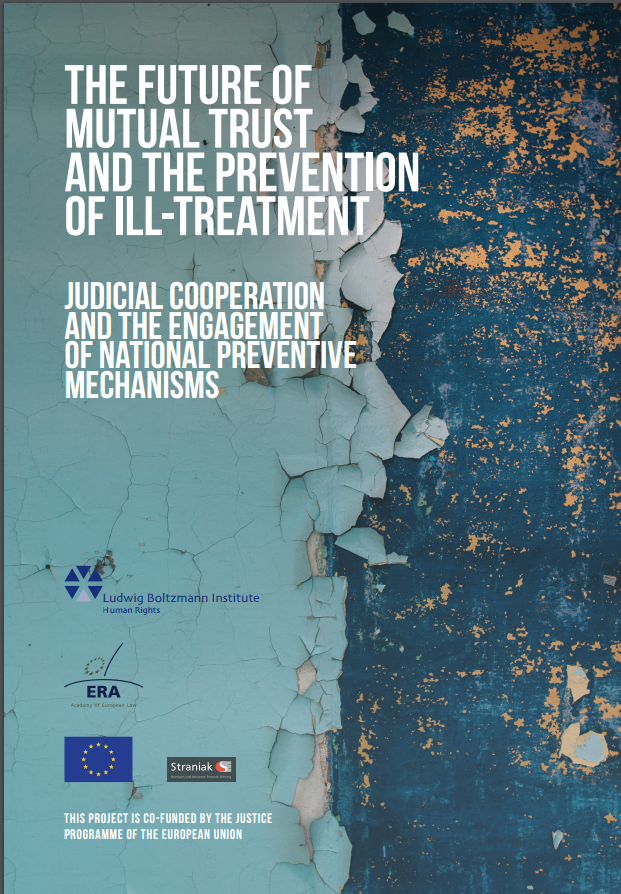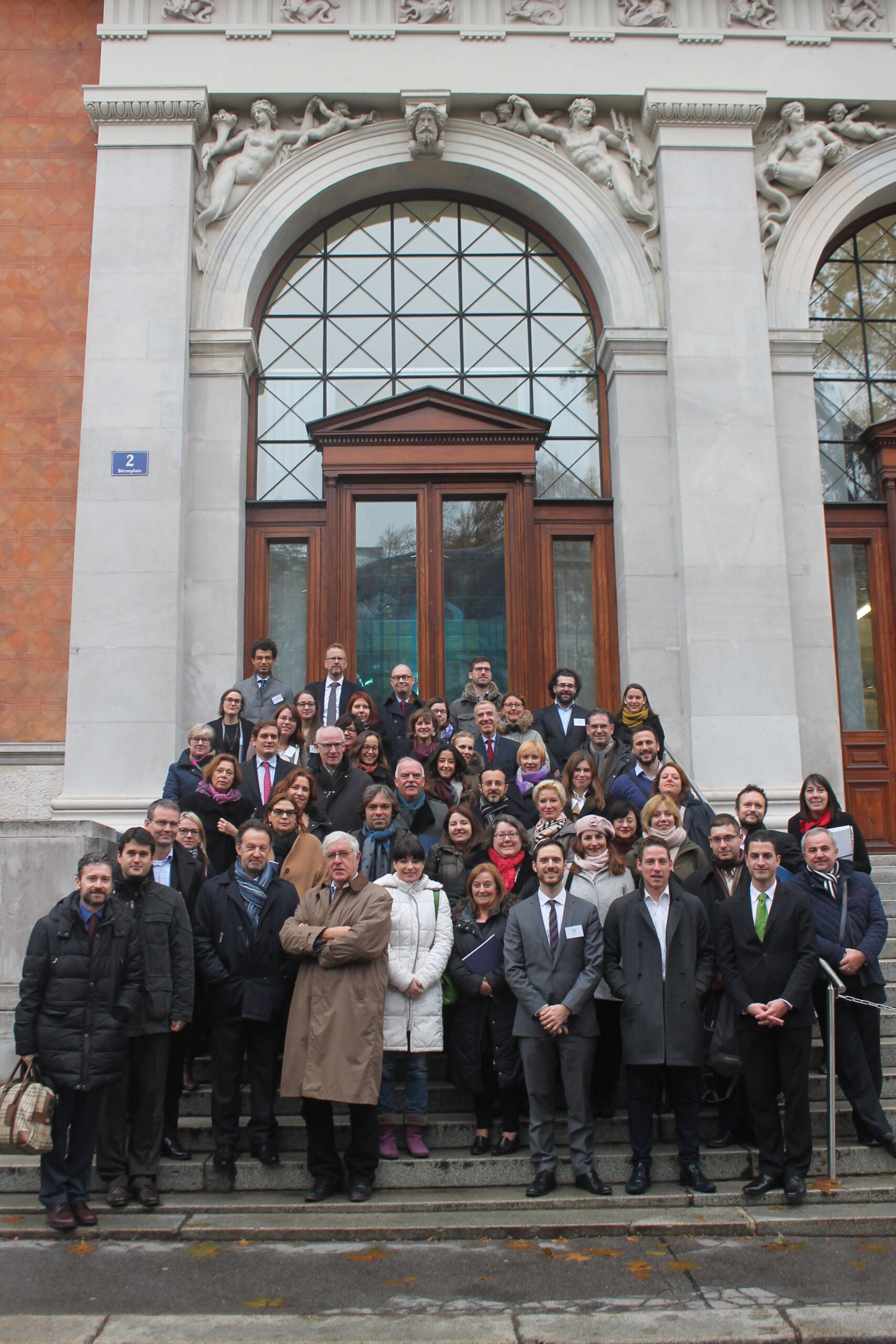Prevention of ill-treatment in the context of EU criminal cooperation and the role of NPMs
March 2017 marks the end of a 17-month long European Commission funded project on Strengthening the fundamental-rights based implementation of EU law in criminal matters through cooperation between the judiciary and NPMs. This project, which was undertaken in partnership with the Academy of European Law, and co-sponsored by the Straniak Foundation, focused on the role of judges and National Preventive Mechanisms in ensuring the fulfilment of the prevention of torture and ill-treatment within the framework of cross-border criminal matters.
In addition to desk research, surveys and interviews conducted in the context of this project, in April 2016 a consultation workshop was held in Trier, Germany, for judges from across the EU. This was followed by a second consultation workshop, in June, organised in Vienna, aimed specifically for NPMs. At both meetings there were presentations on EU legal instruments central to the project, the mandate of NPMs, and expert interventions by international organisations such as Fair Trials International and the UN SPT.
In November 2016 in Vienna, the Ludwig Boltzmann Institute of Fundamental and Human Rights (LBI-GMR) in conjunction with the Academy of European Law organised a final conference with over 70 participants comprising of judges and NPMs from across the EU. In addition there were presentations given by experts and representatives from the European Commission, the EU Agency for Fundamental Rights, the CPT, SPT, Fair Trials International, and the Confederation of European Probation and the Council of Europe.
The final conference provided for an opportunity to open channels of communication between NPMs and Judges across the EU, while learning of each other’s work directly. It gave a chance for key stakeholders to voice both concerns and hopes for better engagement, and to explore effective practices for the prevention of ill-treatment in the context of mutual recognition instruments. It also provided an opportunity to reflect on relevant EU law measures that could assist with the fulfilment of their respective mandates. The conclusions and recommendations from the conference, as well as the previous workshops formed part of the final study which was published at the conclusion of the project.


